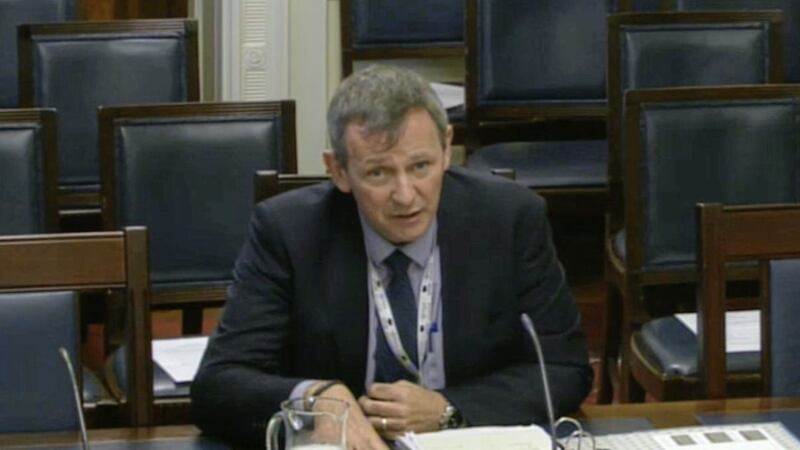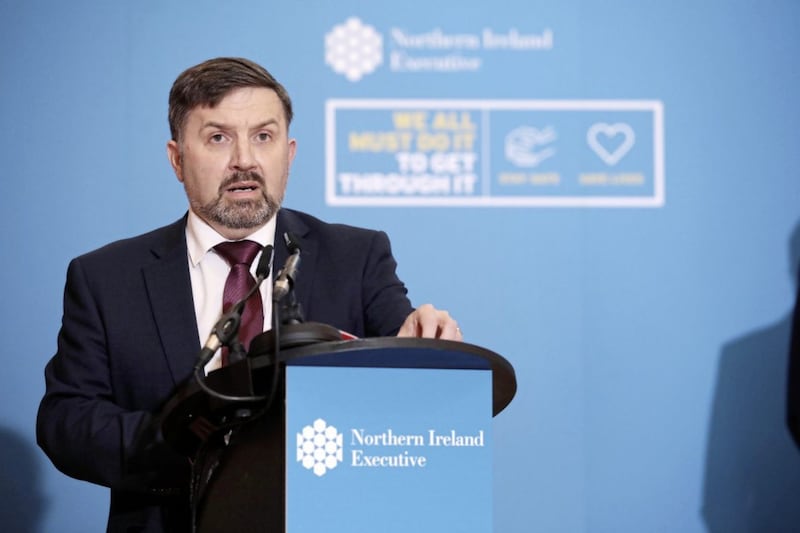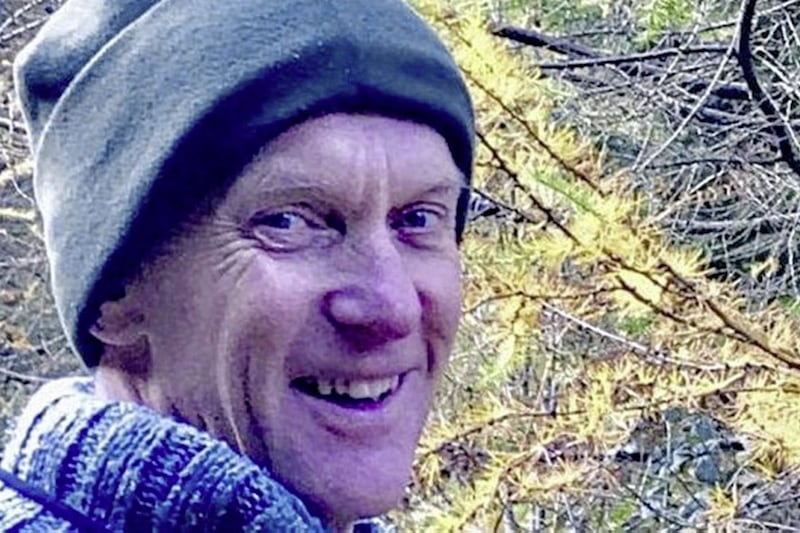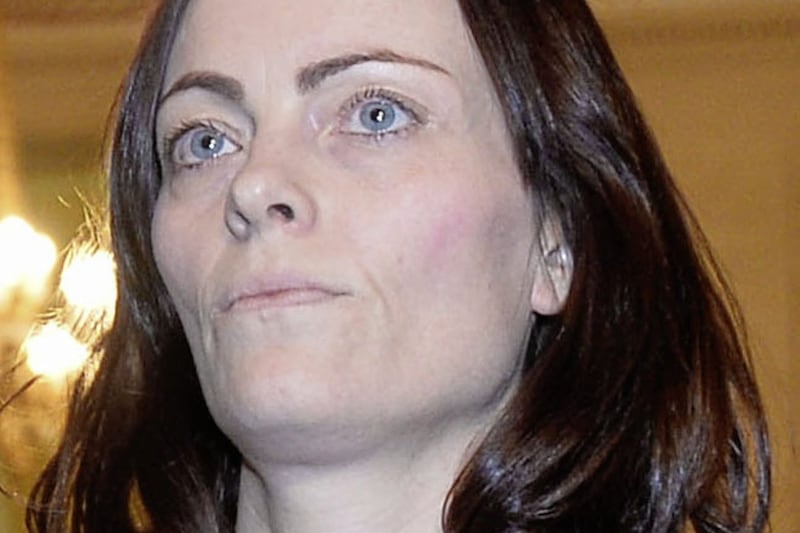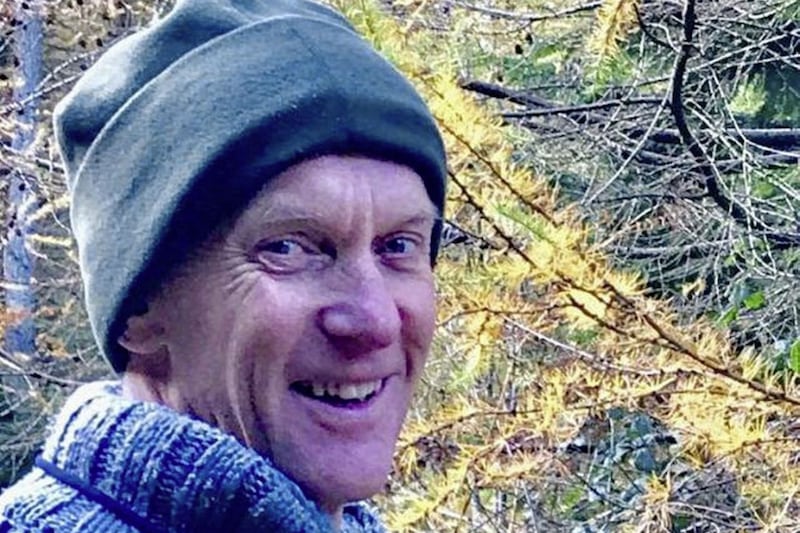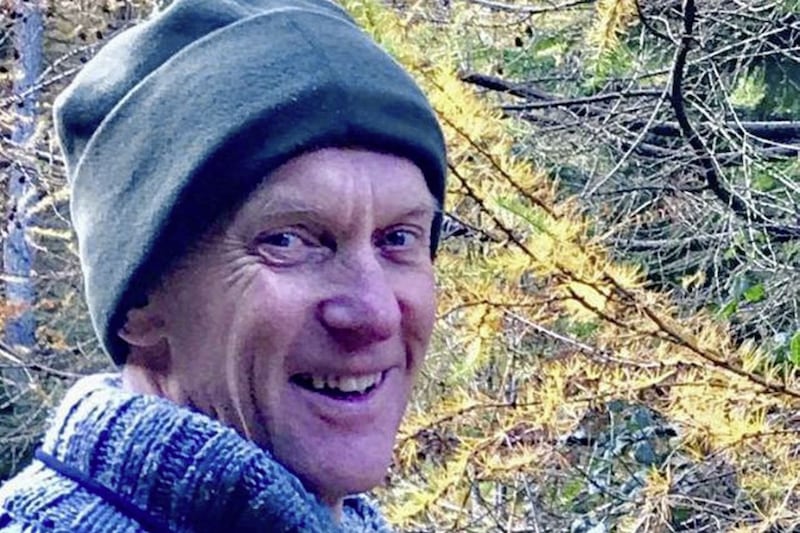A compensation scheme is being drawn up for those identified by the most complex ever patient recall in Northern Ireland, a senior civil servant said.
Around 3,200 public and private former patients of Belfast-based neurologist Dr Michael Watt have been initially earmarked for review and others may be brought into the major probe.
A series of investigations including an independent inquiry led by a barrister have been established following concerns about work by the consultant.
Stormont Health Department permanent secretary Richard Pengelly said: "This can have profound implications for patients so at this stage I am commissioning some work within the department just to look at redress."
He said a range of options were under consideration for the compensation scheme.
A minister would need to sign off proposals and Stormont powersharing has been suspended for more than a year.
Mr Pengelly added: "We are learning the lessons of mistakes made in the past.
"Our response will not be, if someone comes forward and says I have had a profound life-changing event as a consequence of an error on your part, our response will not be to refer them to our solicitors and say see you in court."
A minister would need to sign off proposals and Stormont political powersharing has been suspended for more than a year.
Mr Pengelly added: "The heart of it is the standard of care has fallen.
"We must step up and deal with the implications of that."
A total of 1,960 patients have been booked in for review and 281 have so far been seen.
Around 200 have yet to be contacted but Belfast Health and Social Care Trust is reaching out to them, Mr Pengelly said.
Some former patients of Dr Watt have already been referred to other consultants.
Northern Ireland's chief medical officer, Dr Michael McBride, said: "I think that the psychological impact, not only the impact of change in diagnosis but the psychological and emotional impact of all of those people being recalled, irrespective of whether there is a change of diagnosis or not, is likely to be very significant and we are very mindful of that."
The health authorities are targeting those who are on active treatment lists but are aware of the concerns of those who have previously been discharged by Dr Watt and said those people had not been forgotten.
Dr McBride said the process of seeing a neurologist again was different in complexity and scale to other recalls.
He maintained the processes used were as good as they could be, the same as across the rest of the UK.
He said: "We have to ask ourselves the question, now that this has happened, are there gaps in those, are there deficiencies in those, are there vulnerabilities that we now need to address?
"What we need rapidly to do is to ensure that we set up a regional coordination group to make sure that this is coordinated right across the health service, right across the independent sector."
He said they were engaging with patient representative groups and introducing independent reviews to answer key questions.
"Is there something we need to do now to enhance the current arrangements? Are they all fine? Are they all being used appropriately or do some of them need to be overhauled?" he added.

